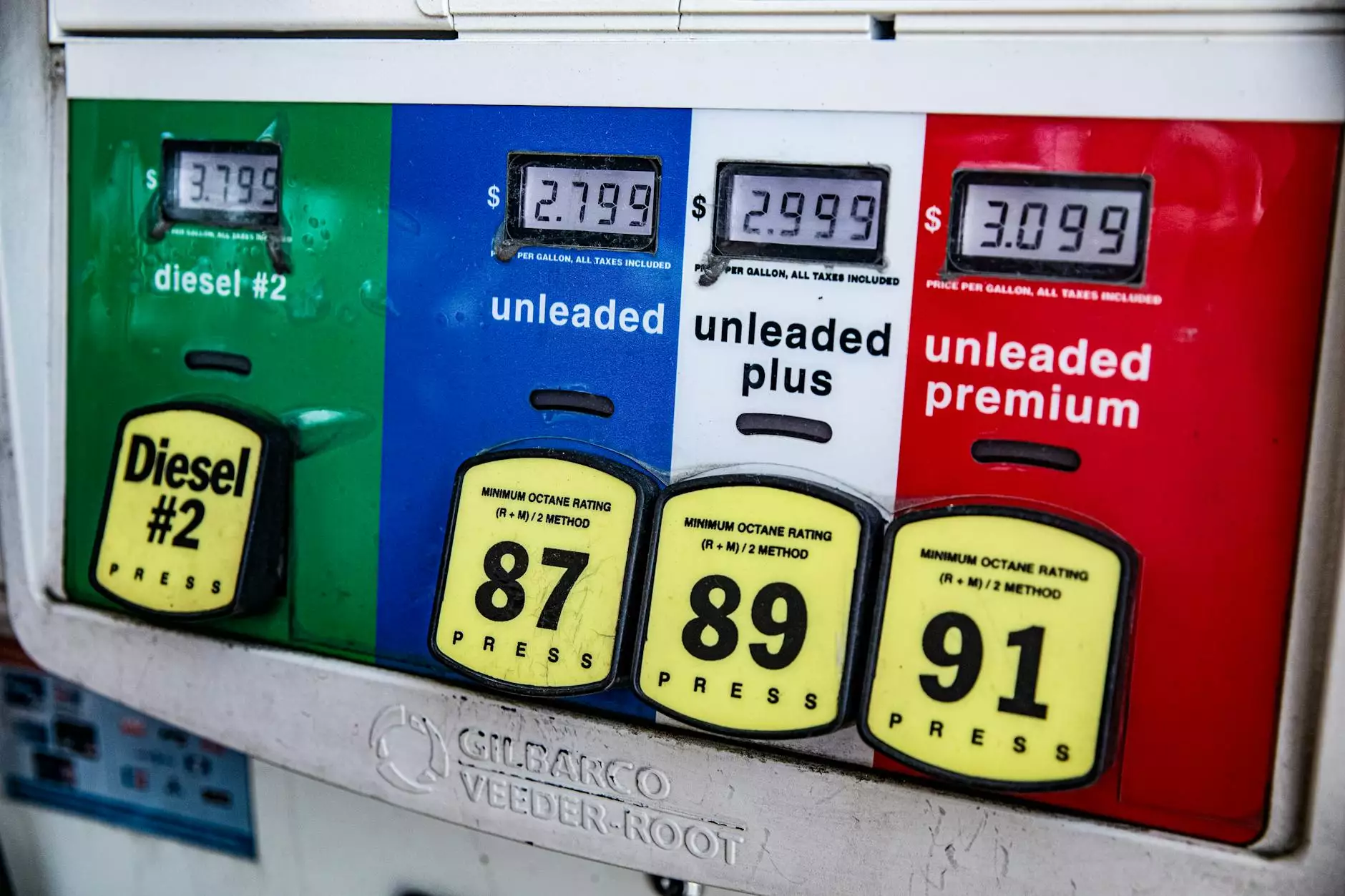Exploring the Torque Converter Gearbox: A Key Component in Automotive Performance

In the fascinating world of automotive engineering, the torque converter gearbox stands out as a vital component that enhances vehicle performance, efficiency, and drivability. This comprehensive guide aims to enlighten you on the intricacies of this essential gearbox, diving deep into its functions, benefits, and why it is indispensable in modern automotive designs.
What is a Torque Converter Gearbox?
The torque converter gearbox is a type of automatic transmission component that facilitates smooth power transfer from the engine to the wheels. Unlike manual transmissions that require human intervention to shift gears, a torque converter operates automatically, enhancing driving comfort and ease.
How Does a Torque Converter Work?
Understanding the operation of a torque converter gearbox involves a few key components:
- Impeller: This is connected to the engine and pumps transmission fluid.
- Turbine: Connected to the transmission, it converts fluid pressure back into mechanical power.
- Stator: Located between the impeller and turbine, it helps redirect fluid to improve efficiency.
When the engine runs, the impeller spins, creating a fluid flow that turns the turbine. This process allows the engine to continue running even when the car is stationary, famously known as 'idle.' The sophisticated design allows for a significant difference between the engine and wheel speeds, providing necessary torque to accelerate smoothly.
Benefits of Using a Torque Converter Gearbox
The integration of a torque converter gearbox in a vehicle comes with several notable advantages:
- Smoother Acceleration: Torque converters facilitate a seamless shift, promoting smoother acceleration without the 'jerkiness' often experienced in manual systems.
- Improved Fuel Efficiency: By optimizing engine performance, torque converters can lead to better fuel economy, especially in stop-and-go traffic scenarios.
- The Convenience of Automatic Transmission: Drivers can focus on steering without worrying about shifting gears, adding to the overall driving experience.
- Enhanced Torque Multiplication: This gearbox can multiply the engine torque when starting, making acceleration from a standstill much more powerful.
Applications of Torque Converter Gearboxes in Automotive
Torque converter gearboxes are predominantly found in:
- Passenger Vehicles: Most modern cars and SUVs utilize torque converters due to their ease of use and efficiency.
- Trucks and Commercial Vehicles: The added torque and efficiency make them ideal for heavy-duty applications.
- Performance Cars: Many sports and performance-oriented vehicles employ advanced torque converter systems to enhance speed and power output.
Recognizing the Signs of a Failing Torque Converter Gearbox
Like all mechanical components, torque converters can experience problems over time. Here are warning signs to watch for:
- Slipping Gears: If the engine revs but the vehicle does not accelerate as expected, this could indicate torque converter issues.
- Overheating: A lot of heat generated in the transmission can lead to premature wear. Be attentive to any unusual smells or fluid leaks.
- Shuddering or Vibrations: If you feel a shudder when accelerating or decelerating, this may signal a torque converter malfunction.
- Check Engine Light: If this light illuminates, it's a signal that something is amiss, possibly relating to the gearbox.
Maintenance Tips to Extend the Life of Your Torque Converter Gearbox
Keeping a torque converter gearbox in top condition is crucial for the longevity and performance of your vehicle. Here are some effective maintenance tips:
- Regular Fluid Changes: Transmission fluid plays a significant role in torque converter operation. Regular changes will prevent build-up and ensure smooth operation.
- Monitoring Temperature: Keep an eye on the transmission temperature; overheating can lead to significant damage.
- Inspecting for Leaks: Regularly check for transmission fluid leaks, as low fluid levels will adversely affect gearbox performance.
- Consult a Professional: If you suspect any issues, consult a mechanic immediately to avoid catastrophic failure.
Choosing the Right Torque Converter Gearbox for Your Vehicle
If you're in the market for a new torque converter gearbox, consider the following factors:
- Compatibility: Ensure that the gearbox is compatible with your vehicle's make and model.
- Quality of Components: Opt for high-quality materials that can withstand rigorous use.
- Performance Needs: Identify whether you require a standard or high-performance torque converter based on your driving style.
Torque Converter Gearbox and Advanced Automotive Technology
The automotive industry has seen significant advancements in torque converter technology, including:
- Lock-Up Torque Converters: These converters lock the turbine and impeller together at higher speeds for increased efficiency, reducing engine load.
- Multi-Stage Designs: Some high-performance vehicles now feature multi-stage torque converters that offer varying levels of performance depending on driving conditions.
- Adaptive Transmission Control: Recent developments in electronic control units allow for adaptability to driving conditions, optimizing torque converter performance in real-time.
Conclusion
In summary, the torque converter gearbox is an indispensable component in modern vehicles, significantly enhancing performance, efficiency, and driving ease. Understanding its functionality, ensuring proper maintenance, and choosing the right model can lead to an optimal driving experience. Whether you're an automotive enthusiast or a casual driver, taking the time to appreciate the complexities of your vehicle’s gearbox can profoundly impact its performance and longevity.
Explore more about automotive parts and enhancements at shenghaiautoparts.com, your one-stop destination for high-quality auto parts and supplies.









